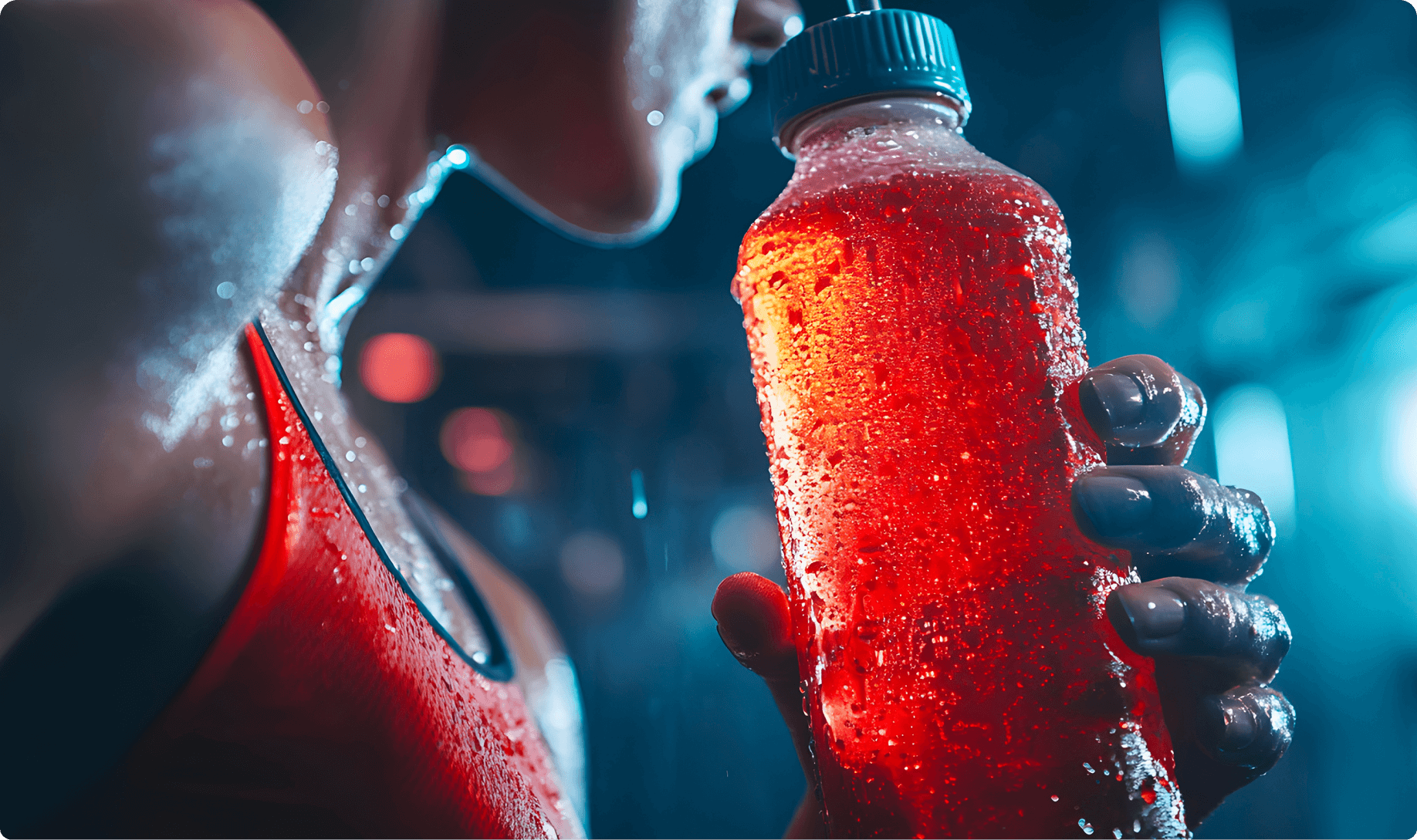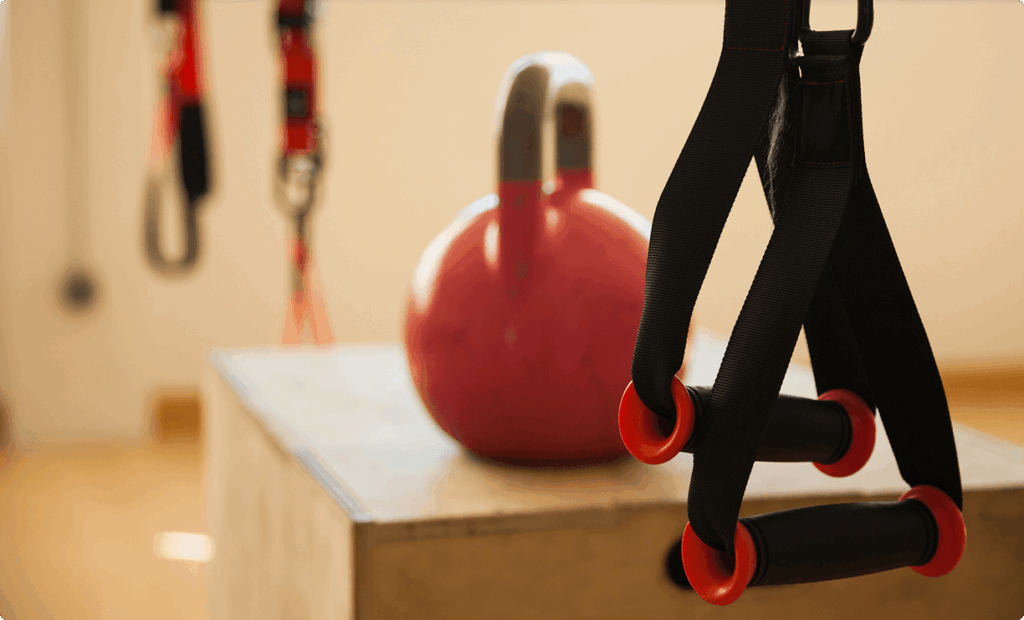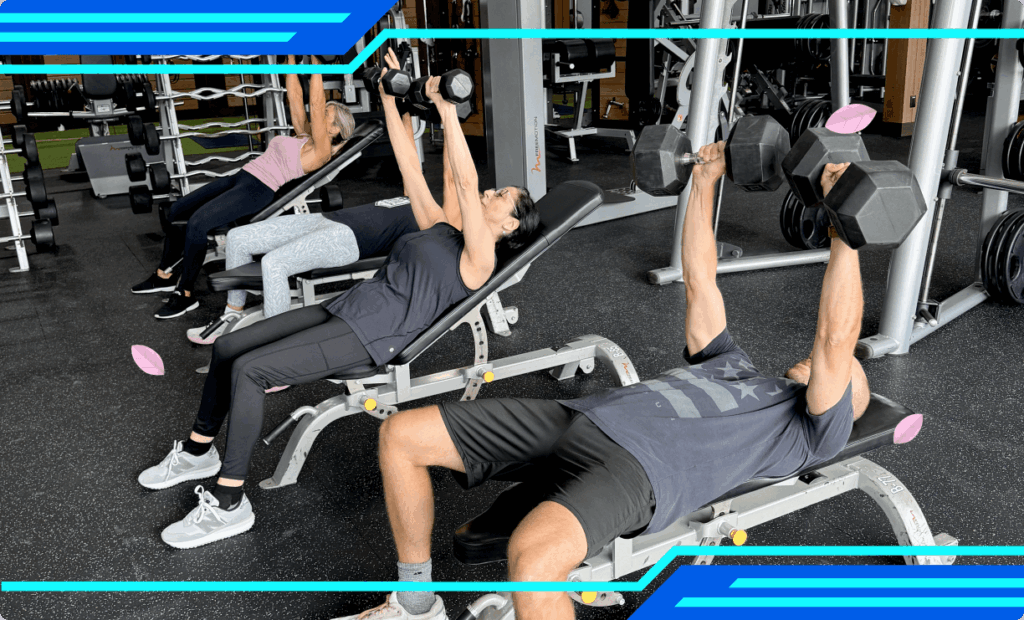You’ve probably heard the standard advice: “Drink eight glasses of water a day.” But when it comes to athletic performance, hydration isn’t that simple. Too little water? Your muscles cramp, your energy crashes, and your focus fades. Too much? You risk bloating, sluggishness, and even dangerous electrolyte imbalances.
So, how do elite athletes and fitness enthusiasts get it right? It’s not just about drinking more water—it’s about timing, balance, and optimizing your fluid intake based on your training intensity.
In this blog, we’ll break down the science of hydration for peak performance, uncover the biggest hydration mistakes that sabotage performance, and reveal proven strategies to keep your body fueled, energized, and at its best. Ready to level up your hydration game? Let’s dive in!
Why is Hydration Important for Athletes
Water makes up about 60% of your body weight, and every bodily function depends on it. From regulating cardiovascular function to supporting muscle recovery, proper fluid intake ensures that your body operates at full capacity, helping to optimize athletic performance.
Key Benefits of Proper Hydration
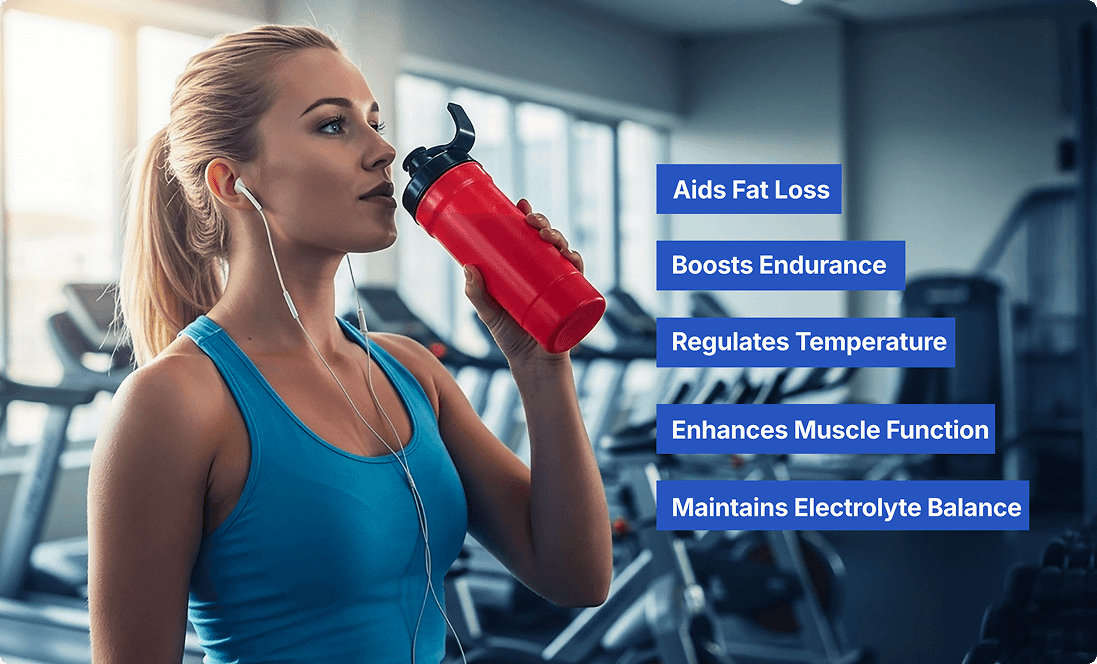
- Boosts Endurance: Prevents early fatigue and exertion during workouts.
- Strength and Power: Reduces risk of muscle cramps and promotes recovery.
- Workout Intensity: Drinking water before meals can reduce calorie intake.
- Regulates Temperature: Prevents overheating and heat exhaustion.
- Maintains Electrolyte Balance: Ensures muscles and nerves function properly.
Effects of Dehydration on Sports Performance
- Decreased endurance – Less water means your body can’t sustain physical effort for as long.
- Reduced strength and power – Dehydration can impair muscle efficiency, reducing your strength during workouts.
- Increased fatigue – Lack of hydration makes it harder to maintain energy levels, leading to early exhaustion.
- Slower recovery – Dehydration slows down muscle repair, increasing recovery time after intense exercise.
- Impaired focus and concentration – Dehydration can lead to mental fatigue, making it harder to stay focused during workouts or competition.
- Increased risk of injury – Poor hydration affects muscle flexibility and joint function, increasing the likelihood of strains and sprains.
Understanding Your Hydration Status
Your hydration status isn’t just about drinking a lot of water. You need to balance body fluid intake with electrolytes to ensure effective hydration. Athletes who sweat excessively must focus on hydration strategies to prevent electrolyte imbalance.
Signs of Dehydration:
- Feeling thirsty (a late sign of dehydration)
- Dark yellow urine (optimal hydration = pale yellow)
- Fatigue and dizziness
- Increased heart rate and perceived exertion
- Muscle soreness and weakness
If you’re experiencing these symptoms, you need to hydrate and replenish electrolytes immediately.
How Much Water Do You Really Need?
Your fluid intake depends on body weight, exercise intensity, and climate. A general guide for athletes and active individuals is:
- Before exercise: 16–20 oz of water 2–3 hours before training.
- During exercise: 7–10 oz every 10–20 minutes, especially if sweating heavily.
- After exercise: Replenish fluid intake with 16–24 oz for every pound lost.
The Role of Sports Drinks & Electrolytes in Proper Hydration
Should you rely on sports drinks? The answer depends on your training intensity. While water is the best fluid intake option for staying hydrated, sports drinks can help during long, intense workouts where electrolyte loss is significant.
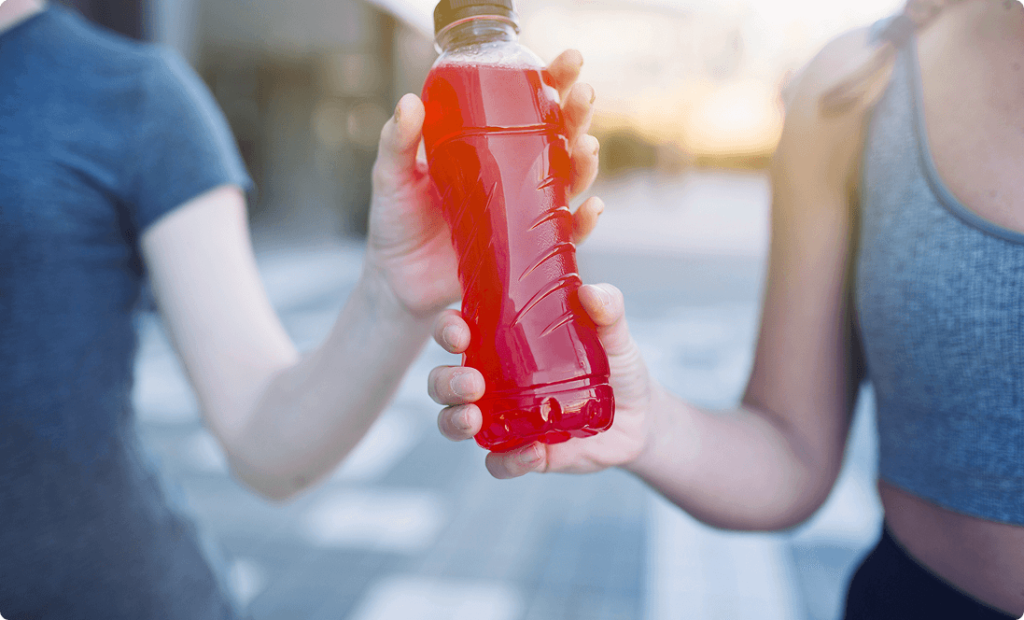
Sports Drinks vs. Water: When to Use Each
✔ Ensure adequate hydration if your workout is under an hour or low-intensity.
✔ Use sports drinks if you’re training for over an hour at high intensity or in hot conditions.
✔ Focus on electrolyte balance if you sweat excessively or experience cramps in your muscle
Common electrolytes in sports nutrition include:
- Sodium – Prevents dehydration
- Potassium – Supports muscle contractions
- Magnesium – Reduces muscle cramping
- Calcium – Supports nerve function
To maintain adequate hydration levels, consider incorporating natural electrolyte sources such as coconut water or homemade sports drinks with lemon, sea salt, and honey.
Practical Hydration Strategies for Peak Performance
To enhance your workout efficiency and endurance, follow these practical tips:
Daily Hydration Strategies:
- Hydrate consistently – Don’t wait until you feel thirsty.
- Monitor urine color – Aim for pale yellow for effective hydration.
- Time your fluid intake – Sip throughout the day instead of chugging large amounts.
- Include electrolyte-rich foods – Bananas, spinach, and nuts help with electrolyte balance.
- Adjust hydration based on exercise intensity – Increase fluid intake for intense workouts.
Hydration Strategies for Workouts:
- Pre-workout: Drink 16-20 oz of water 2 hours before exercise.
- During workout: Sip 7-10 oz every 15 minutes, especially in hot weather.
- Post-workout: Replenish fluid intake based on sweat loss.
Hydration and Weight Loss: What You Need to Know
Drinking water can support fat loss by boosting metabolism and preventing overeating. Many people confuse feeling thirsty with hunger, leading to unnecessary calorie consumption.
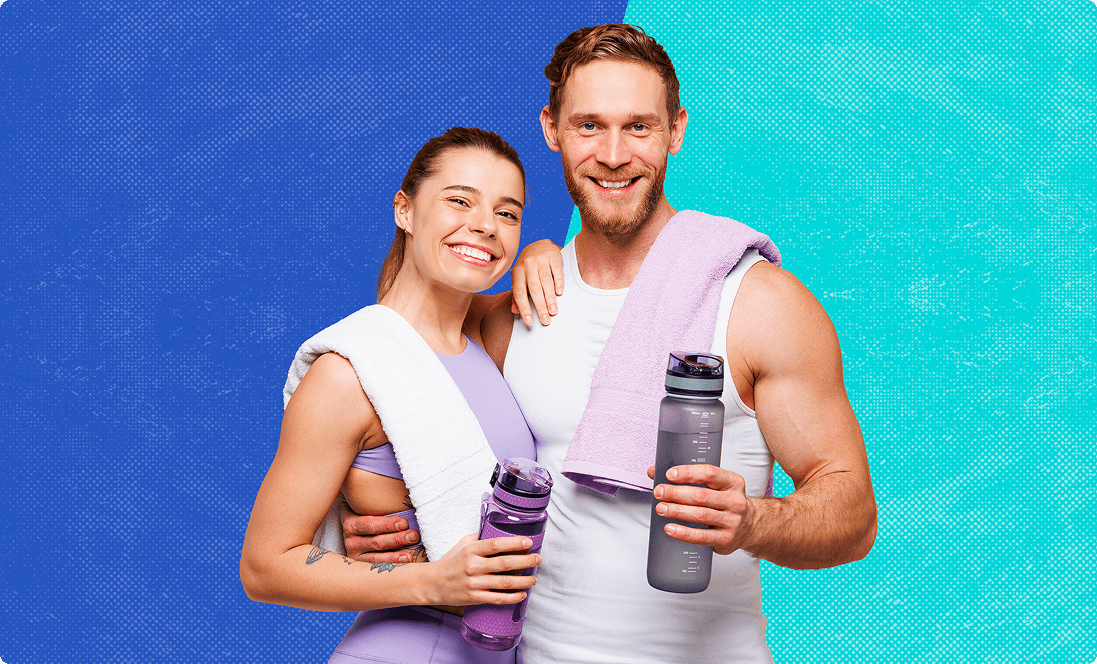
Hydration Tips for Losing Weight
- Hydrate before meals – Reduces calorie intake.
- Stay hydrated throughout the day – Prevents cravings.
- Combine hydration with physical activity – Maximizes fat burn.
Adequate hydration is a key part of any sports nutrition and fat loss plan.
Common Hydration Myths Debunked
Myth: “Drink 8 glasses of water a day.”
Truth:
Hydration needs vary based on activity level and climate.
Myth: “You should only drink water when you are feeling thirsty.”
Truth:
Feeling thirsty means you’re already dehydrated. Proactive fluid intake is crucial.
Myth: “Sports drinks are better than water.”
Truth:
Sports drinks are useful for long workouts but unnecessary for short sessions.
Myth: “Drinking too much water is harmless.”
Truth:
Sports drinks are useful for long workouts but unnecessary for short sessions.
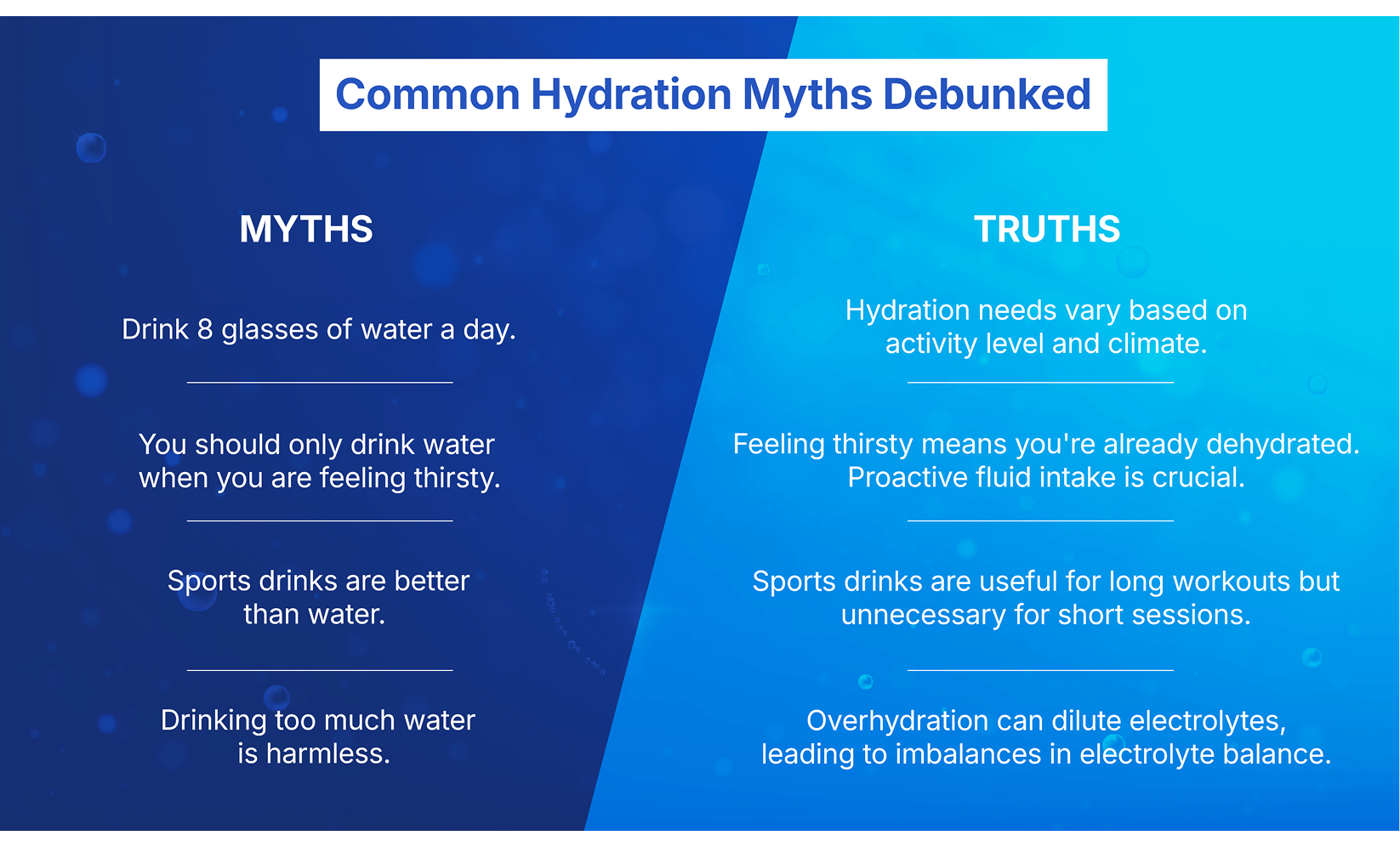
Optimize Your Hydration & Nutrition with Elite Training at Vision Sports Club
Now that you understand the importance of hydration for optimal performance, it’s time to take your fitness and nutrition to the next level. At Elite Training at Vision Sports Club, we go beyond workouts—we help you build a strong foundation in fitness-focused nutrition to fuel your body the right way.
Our nutrition counseling services, led by our Fitness Nutrition Specialist and E3 (Eating, Exercise, and Education) certified expert, Mary Mileo, provide expert guidance on fluid intake, hydration strategies, and tailored dietary plans for active individuals to enhance your overall fitness and stamina. Whether you’re looking to improve electrolyte balance, avoid muscle soreness, or optimize your body’s hydration levels, Mary will create a plan tailored to your unique needs.
With our personalized approach, you’ll receive:
✔ One-on-one nutrition counseling to refine your hydration and meal planning.
✔ Customized fueling strategies to improve endurance, strength, and recovery.
✔ Guidance on hydration timing and electrolyte balance to boost physical activity and performance.
✔ Effective hydration tips to enhance your daily routine and prevent dehydration.
At Elite Training at Vision Sports Club, we don’t just train bodies—we empower you with the knowledge and tools to fuel your success. Let our team guide you through a structured approach to hydration, performance nutrition, physical performance and overall wellness.
Contact us today to schedule a consultation and start optimizing your health and fitness journey!
